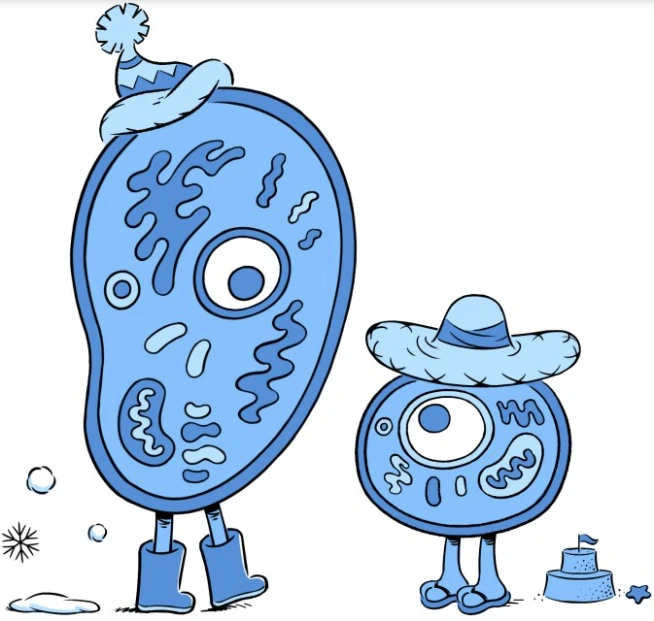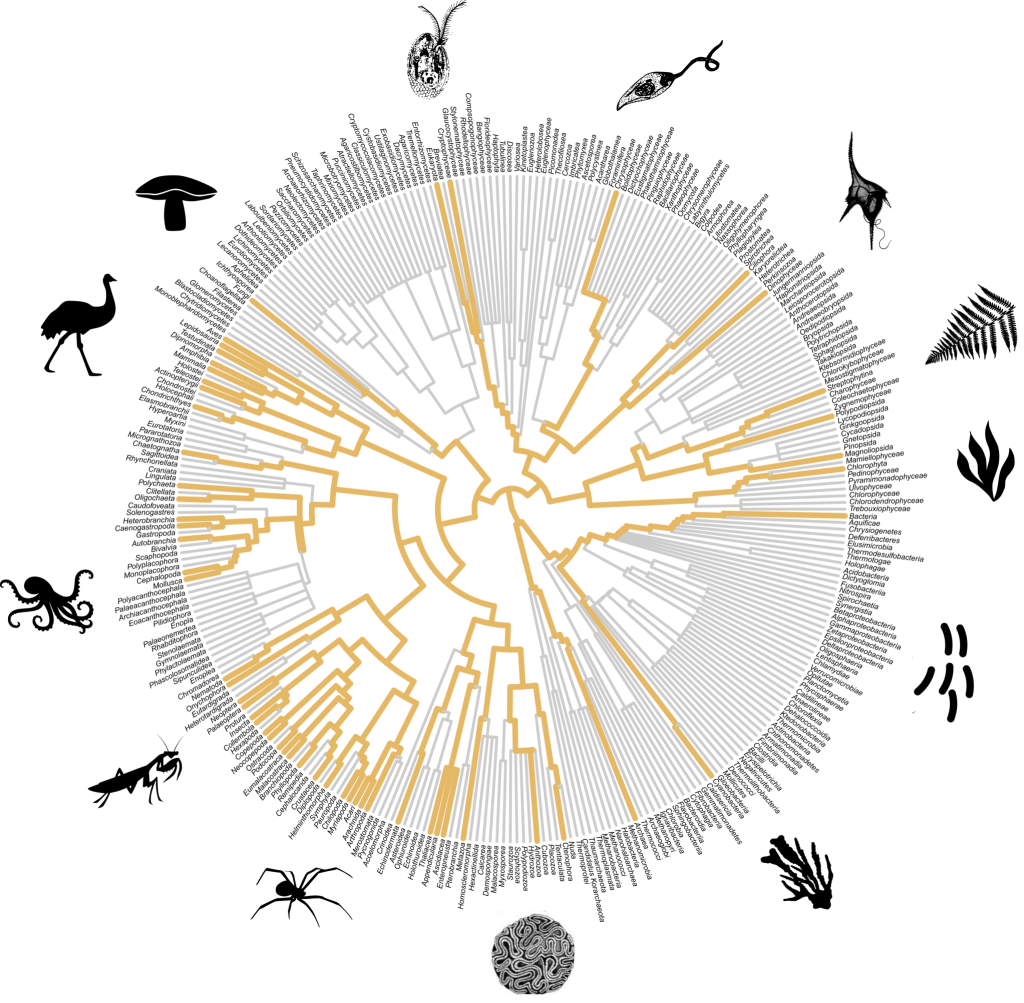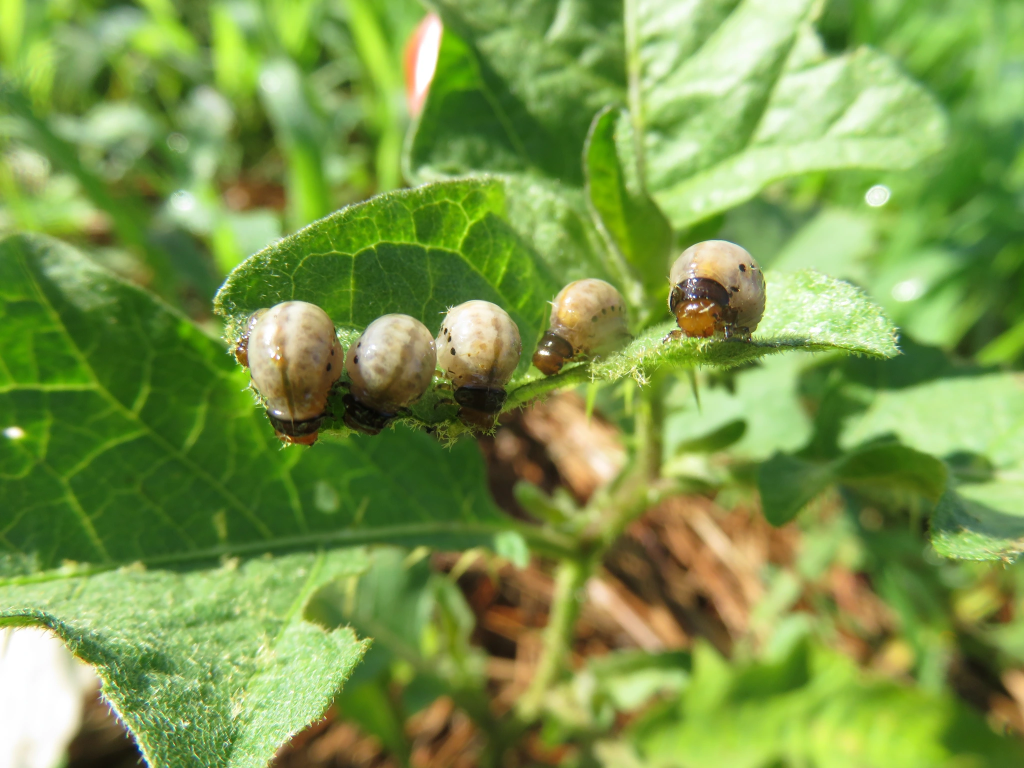The Haldane Prize is awarded by the British Ecological Society each year for the best paper in Functional Ecology written by an early career author. With entries spanning the 37th volume of the journal, our Senior Editors carefully shortlisted the following 12 papers:
Daniel Dick
Measuring functional redundancy using generalized Hill numbers

Daniel’s perspective article explored a technique for converting the values of redundancy metric outputs into plain-language statements about a community. This provides a much more complete picture of the distribution of redundant taxa within a community and highlights subtle patterns that are completely missed by number-based absolute redundancy metrics.
Félix P. Leiva
The role of cell size in shaping responses to oxygen and temperature in fruit flies

Félix found that in fruit flies, coupling between cell size and body size was tighter under conditions where oxygen was expected to become limited, supporting the idea that capacity for oxygen uptake is causally to organismal growth and the resulting body size. This indicated that the benefits of diffusive oxygen uptake due to the higher surface-to-volume ratios in smaller cells can help explain the temperature-size rule in fruit flies.
André Luza
Going across taxa in functional ecology: Review and perspectives of an emerging field

André’s review mapped the limitations of current research in functional ecology involving multiple taxa, presented ecological questions to a functional cross-taxa research and showed directions to pushing the limits of this research field. It aimed to encourage researchers in the field of functional ecology to move beyond single taxa and traits, and to integrate more branches and dimensions of the Tree of Life in their research.
Jessie Mutz
Spatial and ontogenetic variance in local densities modify selection on demographic traits

Jessie’s research demonstrated that local density variance can strongly modify selection at empirically observed interaction strengths and identify mechanisms for the effects of spatial and ontogenetic variance. Its findings reveal the potential for local density variance to mediate eco-evolutionary feedback by shaping selection on demographically important traits.
Congratulations to all our shortlisted researchers!

